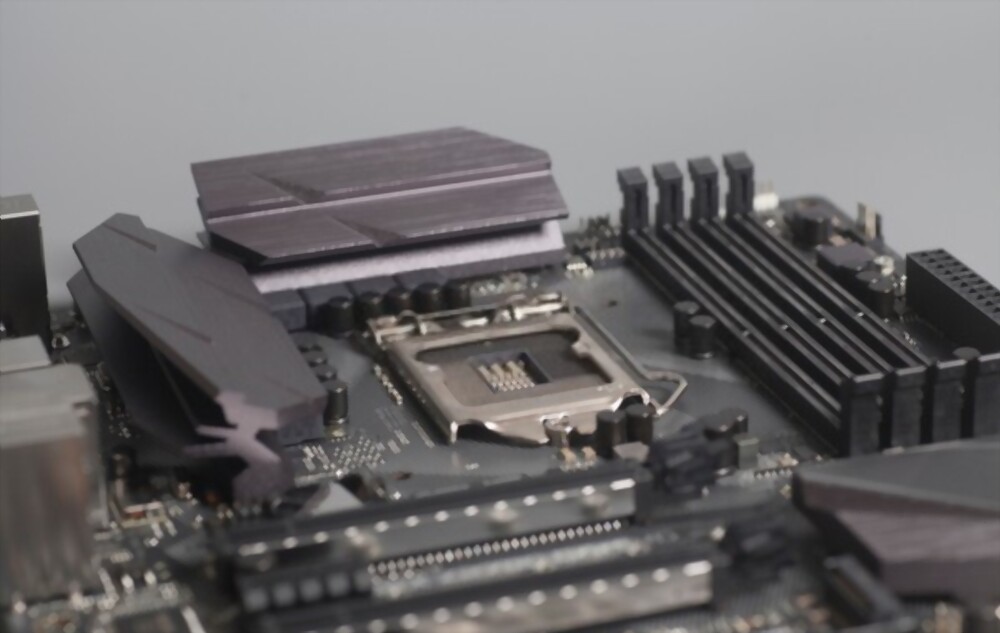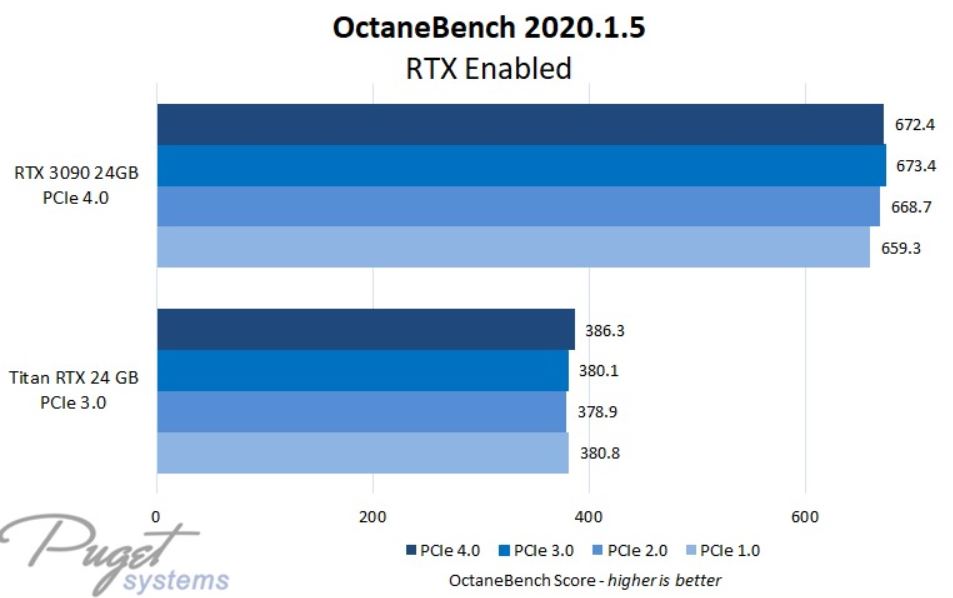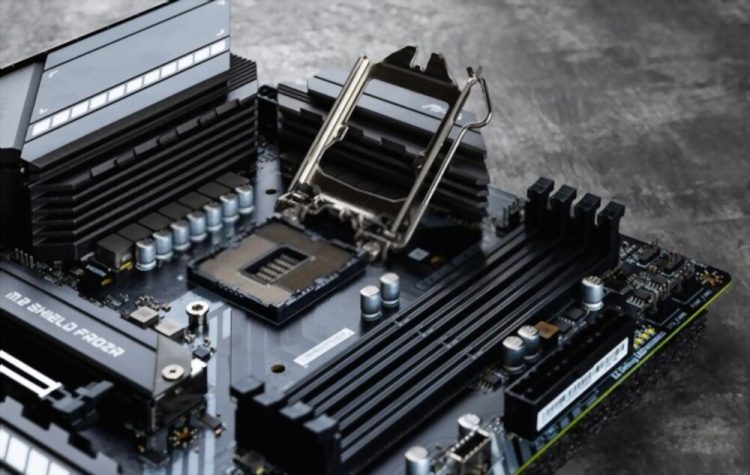Are you wondering whether you need a motherboard is important for gaming? Well, you will find different answers to this question on the internet. Most people think that having the best motherboard will improve your experience
To be honest, your motherboard does not play a huge role in your gameplay. But a good motherboard decides what type of hardware you can install on it. So, if you have a high-end mobo, you can install the latest CPU and Graphics card on it for better performance in gaming.

Do You Need a Good Motherboard for Gaming?
Well, your motherboard does not affect your gaming performance directly, but indirectly it does. Having an entry-level motherboard can restrict you from installing advanced hardware that can boost your gaming performance.
High-end motherboards allow you to install better graphics cards, multi-core CPUs, more ram, and advanced storage devices.
How Does Motherboard Indirectly Affect the Gaming Experience?
If you are playing entry-level games, you won’t feel the effect of your motherboard in games. As entry-level games do not need high-end hardware, it won’t make a difference what kind of motherboard you have in your system.
On other hand, if you are a hardcore gamer, then you might need a reliable motherboard to boost your gaming performance.
Processor
Most AAA titles need you to have a CPU with a higher clock speed. A motherboard allows you to overclock your CPU for better performance in gaming. Intel motherboards have less room for overclocking. If you need to overclock, you must go for a Z-Series motherboard from different brands like Asus, Gigabyte, etc.
AMD motherboards that support Ryzen Series CPUs allow you to overclock easily without any problem.
It’s important to check if your motherboard has the ability to overclock your CPU or not. You can check that by heading to your motherboard’s manual or the manufacturer’s website.
Graphics Cards
The PCI Express slot on your motherboard is responsible for powering your graphics card. Older motherboards support PCIe 2.0 slots whereas the new ones come with 3.0 and 4.0 as well. Although you can install a PCIe 3.0 GPU on a PCIe 2.0 slot, you won’t be able to get the most out of it. Having a motherboard with PCIe 3.0 slot gives you more edge in performance.

RAM
Ram is another important factor that decided the performance of your gameplay. And to add more ram, your motherboard must come with additional DIMM slots. Also, older motherboards have fewer DIMM slots as compared to modern mobos.
There’s a feature in gaming motherboards called XMP that improves the performance of a ram. It’s kind of a Turbo Boost for your ram. An XMP-enabled motherboard surely helps to some extent in improving the game performance.
Does Motherboard Affect the FPS (Frames Per Second) in Games?
Again, directly it doesn’t improve your average frame rates. The thing that does affect is the type of hardware installed on your motherboard. Modern mobos allow you to install a powerful processor and high-end graphics card that matter in boosting your fps.
Conclusion
Now as you are aware of the performance of the motherboard in gaming, it’s time to wind up things. All the hardware installed on your motherboard affects the performance of your gaming as a whole.
Gaming motherboards are expensive to get. Unless you really don’t need a high-end gaming computer, it’s better to stay with low-budget motherboards.


